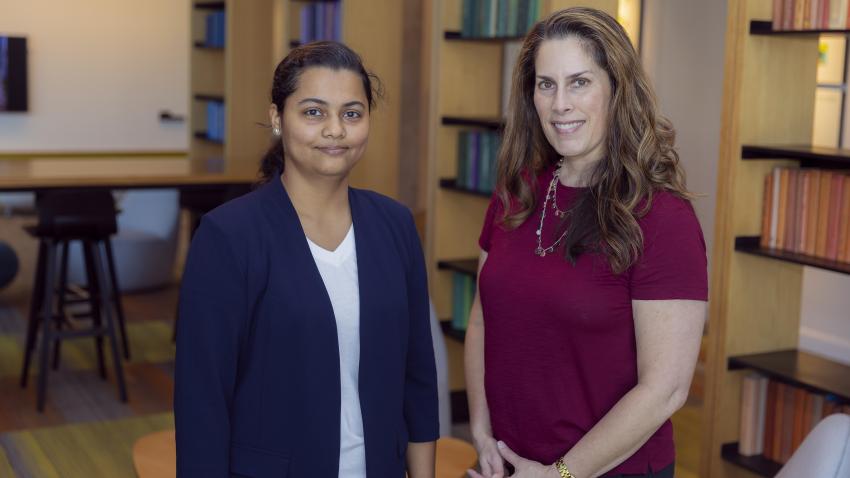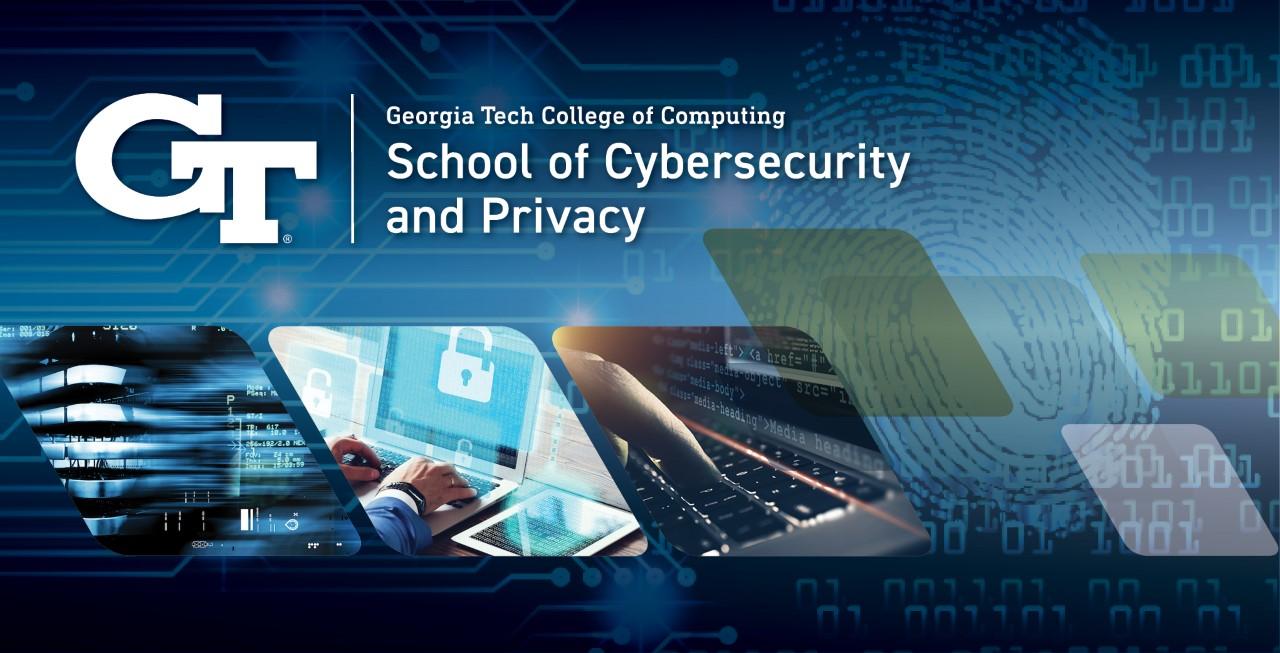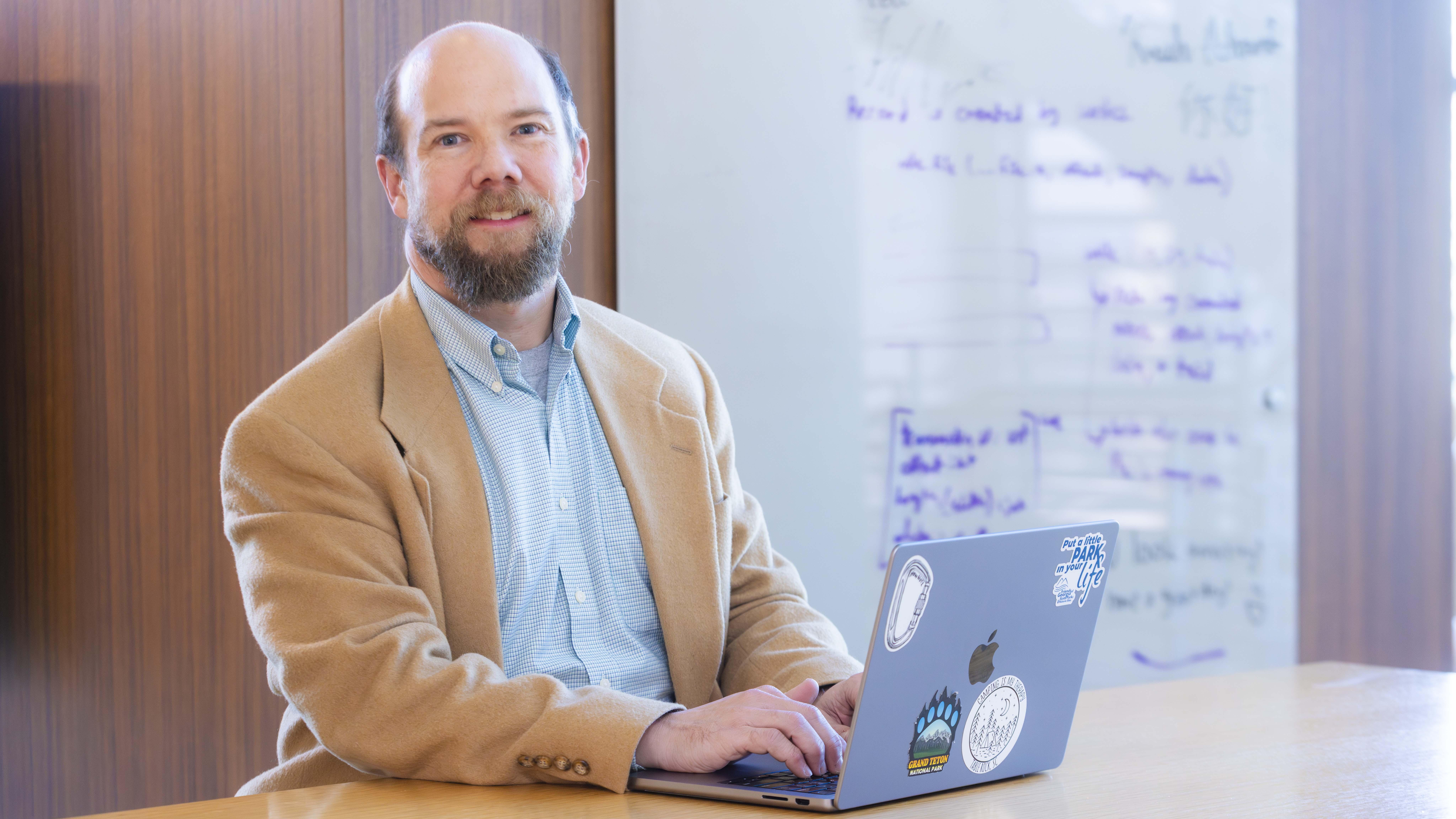
Combining Psychology, AI, and Cybersecurity Creates New Resources for Domestic Abuse Survivors
October acts as a month of awareness for multiple causes and a new artificial intelligence (AI) tool being developed by researchers will help build a much-needed bridge between two of them, cybersecurity, and domestic violence.
Cybersecurity and domestic violence prevention are areas that overlap but their relationship has only recently begun to be investigated. Abusers often use the internet and mobile technology as a tool to extend the reach of their abuse, but these cyberattacks happen on a much smaller scale.
The impact of domestic violence, also known as intimate partner violence (IPV), has on public health is something Courtney Crooks, licensed psychologist, and principal research scientist at the Georgia Tech Research Institute, has been studying for several years through both research and practice.
After seeing how new technology opened new methods of abuse online, Crooks realized she could help fill in the gaps in this research space using her experience working with the Emory University School of Medicine and the School of Cybersecurity and Privacy (SCP) at Georgia Tech.
She decided to start exploring ways to help domestic abuse survivors counteract these enhanced cyber-enabled risks as they progressed through the recovery process. Along with Sneha Talwalkar, an SCP master’s student, the pair are developing software that would alert survivors to potential or observed electronic manipulation and then teach survivors how to address these attacks according to their recovery needs and goals.
The software will leverage well-known, developmentally appropriate, psychologically based learning strategies and deliver them through AI technologies. Application of human-centered design principals and ethical standards to the AI design will be a top focus.
The team is working to develop cybersecurity interventions that are psychologically informed and made specifically to focus on the unique risks faced by domestic abuse survivors. These interventions will be designed to take place alongside traditional methods of support, such as mental health and community resources.
“It’s important to understand that abusive relationships are complicated. While some people are able to escape them, some do not escape,” said Crooks. “Or they may physically escape but resources like their phones, online accounts, or finances may still be vulnerable to their abusers. Survivors may also need to continue to communicate with their abuser, like in instances in which they share children.”
Regardless of circumstances, it is often difficult for survivors to stop communicating with their abusers once they escape the relationship because of the psychological connections reinforced while they were with their former partner.
The AI technologies Crooks and Talwalkar propose will not act like a ChatGPT chatbot. Instead, it will act like a coach, learning from abusive behavior tactics and potential survivor responses.
The tool will then make suggestions based on each user’s specific recovery progress and goals while factoring in potential risks. To improve its coaching performance and general knowledge base, the AI will continue to learn from the outcome of each incident survivors face.
“The model provides the necessary intervention to assist in the recovery of an IPV survivor,” said Talwalkar. “We want to use artificial intelligence for good, and this project is a step in that direction.”
The classes in her master’s program played a pivotal role in shaping her research in this area. While exploring internet censorship and language models, she recognized the emerging challenges posed by AI in security. After an insightful conversation with SCP Professor Peter Swire, Talwalkar gained the confidence to shift her focus towards investigating malicious intent in immersive environments. With Crooks’ guidance, she began exploring the socio-technical environment of IPV.
Designing User-Centered Artificial Intelligence to Assist in Recovery from Domestic Abuse was accepted as an extended abstract and presented to the 2023 World Congress Computer Science, Computer Engineering, and Applied Computing event this summer. The work will be published in upcoming IEEE CPS proceedings.
In May, Crooks, Talwalkar, and others from their research team presented their findings at the Health Sciences Research Day hosted on the Emory University campus by the Emory School of Medicine. In February at the 2023 National Meeting of the American Psychoanalytic Association, Crooks presented her study of lived experience of coercive control in domestic abuse, from which this current research was derived.
October is National Domestic Violence Awareness Month as well as Cybersecurity Awareness Month. For more information about domestic abuse and resources to help, please visit the Centers for Disease Control and Prevention website


